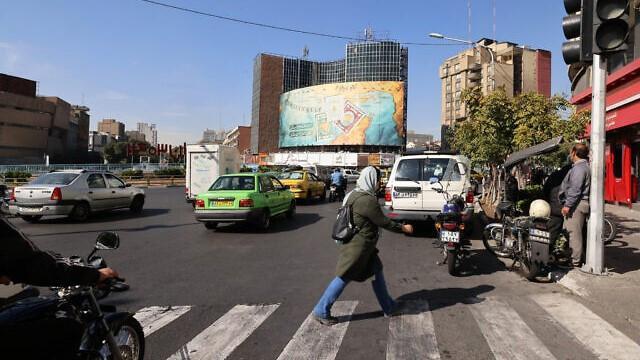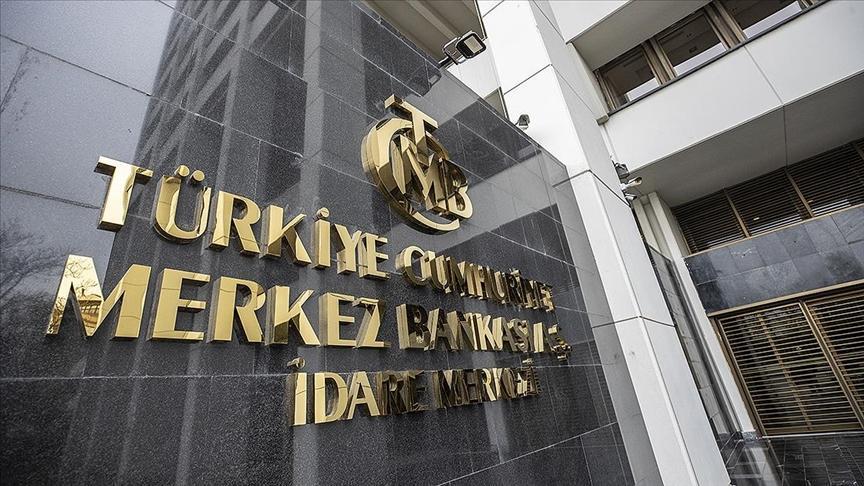Returning to Atatürk era constitutions
Mustafa Kemal Atatürk was the founding father of modern Turkey, its first president and the chair of the Republican People’s Party (CHP). Justice Minister Bekir Bozdağ argued that a president affiliated to a political party would actually be a return to Atatürk’s constitutions. “We have brought political responsibility to the president, is that wrong?” Bozdağ said, not mentioning how checks and balances would be systematized.
As a matter of fact, the prerequisite of a system, whether it is presidential or parliamentarian, for the sake of functioning well and democratically, is the way the checks and balances mechanisms are run. Speaking about such a system should correspond to talking about these principles.
However, government spokespeople have not explained how the powers would be allocated to positions, and how these powers would be checked and balanced. When there is no reasonable and “explainable” draft available, they refer to these historic references and make comparisons that have no relevant content.
Bozdağ’s words that said “we are returning to Atatürk’s constitutions” corresponds to these; firstly, the 1921 constitution did not foresee the position of the head of state. In the 1924 Constitution, on the other hand, there was a prime minister and a council of ministers, thus, it was purely a parliamentarian model. The Ottoman constitutions were also parliamentarian.
Apparently the only factor that appeals to the current government is that both Atatürk and İsmet İnönü were presidents affiliated with a political party. But, in those times, the regime was officially a “party state.” For that reason, the head of the state and the party was the same person.
During the Atatürk era
Mr. Bozdağ is saying that Atatürk and İnönü were presidents affiliated with a political party and asked whether there impartiality were harmed.
Interestingly, yes, indeed their impartialities were impaired. However, would the criteria of “impartiality” for heads of state in the 21st century be the same as the “party state” of the 1930s and 1940s?
Before the republic was declared in 1923, between September and October, it was greatly contested whether the president should be affiliated to a party or whether it would be considered authoritarian or symbolic.
People like Hüseyin Cahit and Ahmet Emin who were staunch supporters of a Western style regime argued that Gazi Pasha, another name of Atatürk, should not have a party but instead should head the country as a “national guide.” They promoted a multiparty system.
Whereas “revolutionaries” like Yunus Nadi and Celal Nuri wanted a party-affiliated and highly powerful president. Since the power was in the hands of the founding leader, the latter would be installed.
Emin, in a memoir he wrote 47 years later, said that based on his experiences, it would have been better if the president was not affiliated to a party but instead should have been a “symbolic national guide.” İnönü had also said that they made mistakes by embracing authoritarian practices.
The 21st century
It is possible to understand these, taking into account the political atmosphere of the 1930s. However, it was neither a fascist nor a Baath model, but an authoritarian regime that aimed to become a Western democracy.
In the 21st century, it is grave to make references to that regime and deliberately ask whether their impartiality had been impaired.
In the new draft, not only the head of state and the head of the party are the same, the checks and balances mechanisms are also extremely weakened. The parliament will not have the authority to monitor the president because he would have all the executive powers.
Contrary to all democratic presidential systems, in such a case, none of the acts of the president would be subjected to scrutiny by the parliament.
The deputies of the ruling party will be selected by the party-affiliated president. No such parliament would be able to audit.
The statement; “we are strengthening the parliament” is absolutely wrong. On the contrary, it is actually weakening it.
Members of the Constitutional Court (AYM) and the Supreme Council of Judges and Prosecutors (HSYK) will be selected and appointed by the president and his/her party. Can the judiciary remain independent this way?
Most importantly, who can be sure how these enormous powers would be used by a political culture that challenges the “secret voting” clause of the constitution and opts for open voting?











